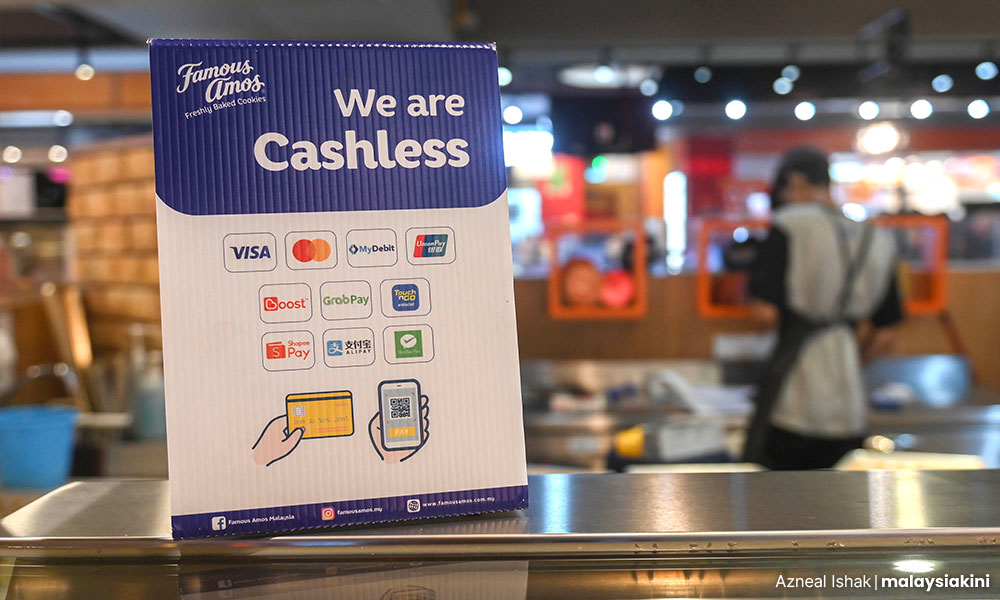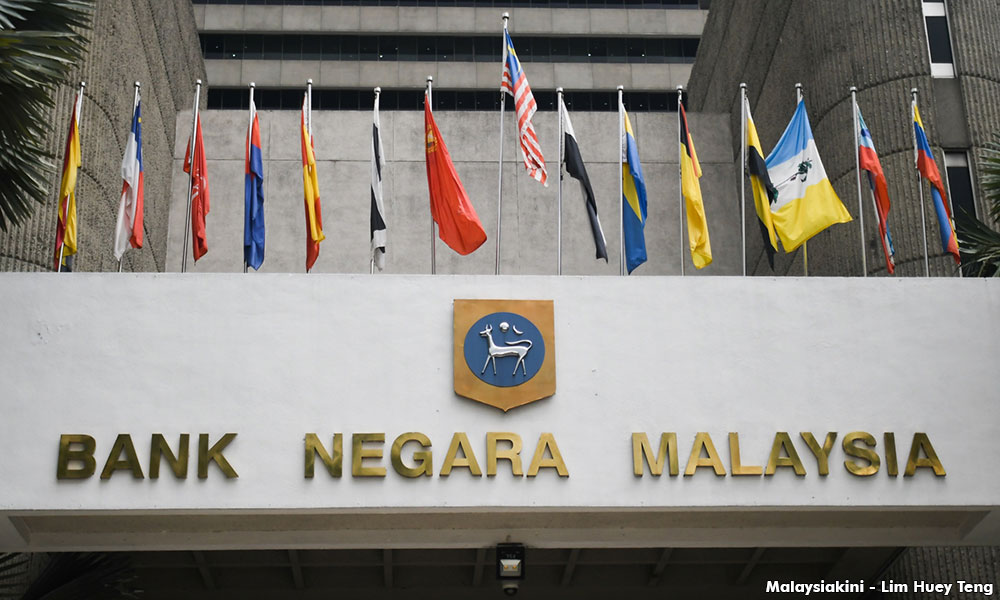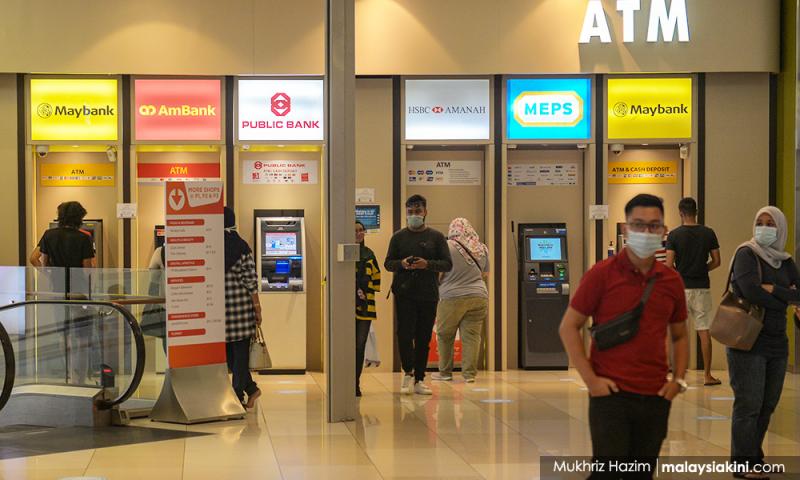ADUN SPEAKS | Time to break monopoly of banking industry
ADUN SPEAKS | The recent report of banks charging fees for DuitNow QR payments has left both the public and businesses feeling frustrated with the unfair terms.
The substantial monopoly in Malaysia's banking industry has led to a lack of competitiveness, a shortage of creativity, and service improvements.
Bank fraud occurs frequently, yet banks are reluctant to compensate victims. Most recently, they have set their sights on charging fees for DuitNow QR transactions, which benefit banks the most.
Some argue that businesses can choose not to use these services, that it's reasonable for banks to charge for providing services, and that criticising or intervening in free-market activities is unwarranted.
This is absurd.
Is it reasonable for banks to charge merchants for QR payments?
After Public Bank announced on Sept 14 that it would be charging fees for DuitNow QR payments, I criticised its decision, stating that it amounted to unfair terms and contradicted the national policy direction toward a digital and cashless society.

Apart from national policy considerations, let us look at the issue from an economic and business perspective:
1. The fees imposed on businesses eventually will be transferred to consumers; this is clear to anyone with an understanding of economics.
2. Banks' QR transactions with businesses involve interest-free funds. This means banks get to use these funds without paying interest. Consequently, the interest savings (Malaysia's overnight policy rate (OPR), at 3.00 percent, as benchmark) are 12 times higher than the transaction fees (0.25 percent). Banks' basic lending rate (BLR) of 6.65 percent per annum is even 27 times higher than this one-time transaction fee!
3. QR payment transactions occur electronically and do not involve additional manual calculations or variable costs. On the contrary, the widespread adoption of digital technology is beneficial for banks in reducing operational costs. The savings in operational costs far outweigh the costs of maintaining the system.
4. In addition to micro and small businesses, I believe medium and large enterprises should also be exempted from these fees. From a policy perspective, the digitalisation can capitalise on the larger companies’ business networks. From an economic perspective, larger companies have higher transaction volumes, leading to significantly larger interest-free funds which are beneficial to the banks.
5. Banks should introduce interest-bearing current accounts for businesses which receive the QR code payments.
It is evident that because businesses pay fees for QR code transactions, banks benefit the most. Therefore, they should not be imposing such fees.
Besides, the substantial monopoly in Malaysia's banking industry has resulted in a lack of competitiveness and the emergence of unfair terms. This is detrimental to the growth of small and medium enterprises (SMEs). It's high time we considered opening up the banking industry.

The advent of Malaysia's banking industry's substantial monopoly dates back to the large-scale consolidation of the banking sector announced by Bank Negara in 2000, following the Asian financial crisis in 1997.
This merger reduced 36 commercial banks, 39 finance companies, and 12 merchant banks to 10 anchor banks. Some smaller banks like Southern Bank, Pacific Bank, Ban Hin Lee Bank, Hock Hua Bank, Wah Tat Bank, Phileo Allied Bank (known for its innovative approach), and others were merged by the anchor banks.
Consequently, Malaysia's banking industry became effectively dominated by large corporations. This had profound implications on the loan requirements of SMEs and their capacity for expansion, affecting economic activity and the momentum of credit disbursement.
Phileo Allied Bank, for instance, introduced innovative initiatives such as OneCORPORATE, which offered fixed deposit interest rates on current accounts, the world's first online banking integrated with a stock trading platform, consumer e-commerce banking, and account opening promotions with free mobile phones, among others.
These creative measures disrupted the conventional banking landscape, at a time when many people did not even have email addresses, mobile phones, and platforms like Google and Alibaba had not yet been launched.
We should break this monopoly, unleash creativity, and ensure that consumers and small businesses benefit.
A dynamic banking industry and active credit disbursement are crucial for achieving the ultimate goal of economic vitality and growth in the country.
CHEW CHONG SIN is the Mengkibol assemblyperson.
The views expressed here are those of the author/contributor and do not necessarily represent the views of Malaysiakini.
RM12.50 / month
- Unlimited access to award-winning journalism
- Comment and share your opinions on all our articles
- Gift interesting stories to your friends
- Tax deductable
